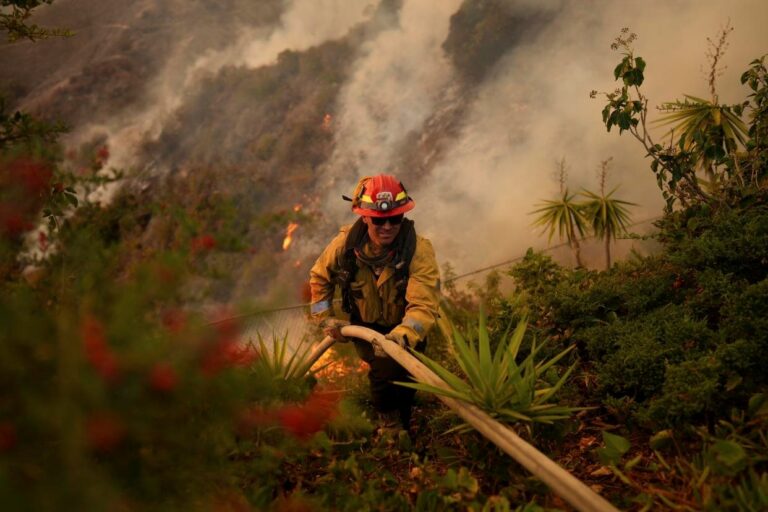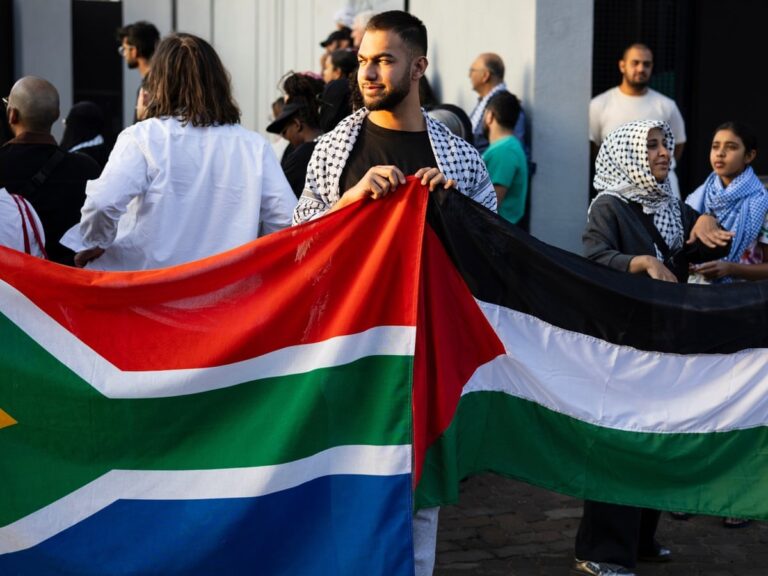After nine years of the Paris Agreement and nearly a year of multilateral diplomacy, along with two weeks of intense negotiations at COP 29 in Baku, a historic deal has been signed. According to this historic breakthrough, industrialized nations will provide $300 billion (£240 billion), combining the contributions from multilateral lending institutions and the private sector, will total $1.3 trillion in climate financing. This agreement provides an opportunity for less polluting and lower-income countries to raise climate fund through global framework for international carbon market trading. It is essential to note that a new fund for loss and damage mainly aiming at supporting less developed nations, was established shortly before the summit began with contributions already being made.
Even though the deal contains flaws and does not significantly satisfy all the involved parties, it is a a step forwards from $100 billion pledged in Paris in 2015 and n evident effort towards raising climate financing despite the challenges.
According to the sources of Leaders Asia, the agreement almost fell off just two days before the summit concluded as over 100 developing countries form Global South rejected the initial financial package offering $250 billion from industrialized countries stating that it is insufficient given their limited role in causing climate change. Following intense pressure, the contribution was raised to $300 billion – even though it is quite less to the minimum amount ($1 trillion) agreed upon by the scientists to avert catastrophic climate change. To cater to this gap, Azerbaijan, as COP29’s host, proposed a solution by blending the $300 billion from industrialized nations with funding from intergovernmental institutions and private sector to increase it up to $1.3 trillion. Even though this approach requires a collective effort, it faces a lot of criticism as the contributions from private sector are more theoretical and the industrialized world’s share seems to be inadequate.
As the process reveals a lot of flaws, the draft agreement has delayed particularly due to the mistrust among the Global South nations. As per the Leaders Asia sources, to cater to the situation, the Azerbaijan presidency negotiated with the Western Nations and in a crucial meeting U.S, UK and EU agreed to increase their contributions, demonstrating flexibility despite economic pressures. At this stage, China which closely coordinated with G77 group also proposed to a contribution of $500 billion from industrialized countries on the condition to support on similar commitment as others – the commitments that did not materialize.
Ultimately, the agreement signed at Baku represents an essential step forwards towards raising climate financing. For Azerbaijan presidency this is a developmental journey for over six months until the COP30 takes place in Brazil. The task remains to build on this agreement, resolve unresolved debates over responsibility and funding and push for more decisive actions to be taken. Even though this deal does not resolve the crisis completely but it is a small step taken towards a sustainable future.









